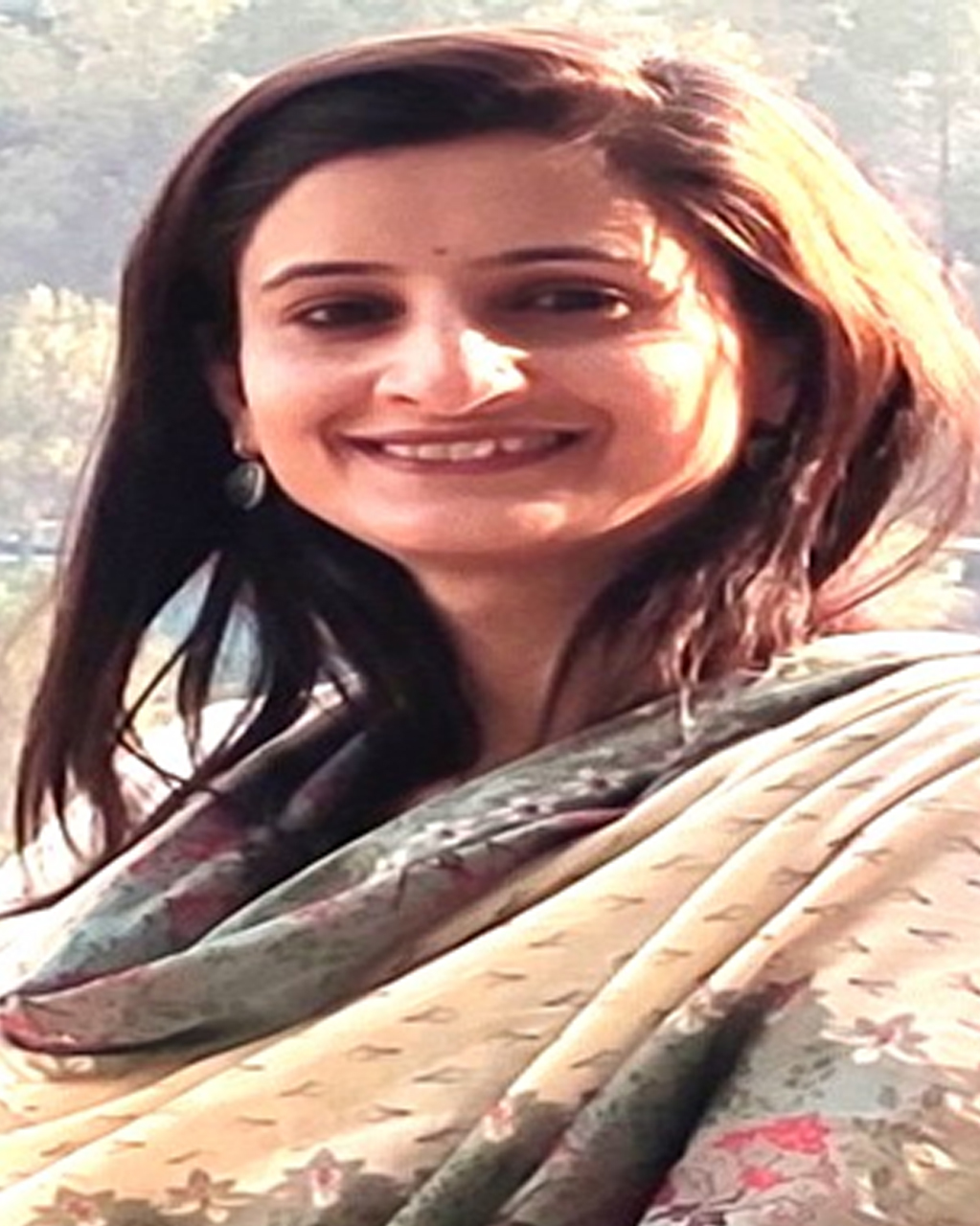PhD Alternative Dispute Resolution (ADR)
Eligibility : Four year graduation degree by research or Master’s degree in related discipline with minimum 55% marks
- Duration : 3 years
- Admission Criteria : Shoolini University's multiple choice entrance test, and assessment of research aptitude through concept note & faculty interaction
PhD in ADR is a 3-year program at Shoolini University that focuses on developing, implementing and learning all about the Alternative Dispute Resolution Mechanisms in India and the world. This subfield of law Alternative Dispute Resolution mechanism provides scientifically developed techniques to Indian judiciary which helps reduce the burden on the courts. ADR provides various modes of settlement, including, arbitration, conciliation, mediation, negotiation and Lok Adalat.
Alternative Dispute Resolution assumed paramount significance due to globalisation and the widespread use of this technique for dispute settlement. The concept of ADR is capable of providing a substitute to the conventional methods of resolving disputes. ADR offers to resolve all types of matters including civil, commercial, industrial, family, etc., where people are not able to start any type of negotiation and reach a settlement.
At Shoolini University, research scholars are mentored by well-known faculty including Judges and Advocates of SC and HC to conduct ground-breaking research. Being a research-focused university, scholars are motivated to do case study-based learning pedagogy. The internationally acclaimed faculty at Shoolini University comes from leading Indian and global universities such as Oxford, NIH, and NCI. Many faculty members have received grants from national and international funding agencies.
The university collaborates with renowned universities worldwide for student exchange programs, faculty exchange, and more. Prominent among these are the University of Arkansas, USA; Lanzhou University, China; University of Naples, Italy; Taipei Medical University, Taiwan; Gachon University, South Korea; South Dakota Mines University, USA.
Shoolini University is UGC Approved and NAAC Accredited.
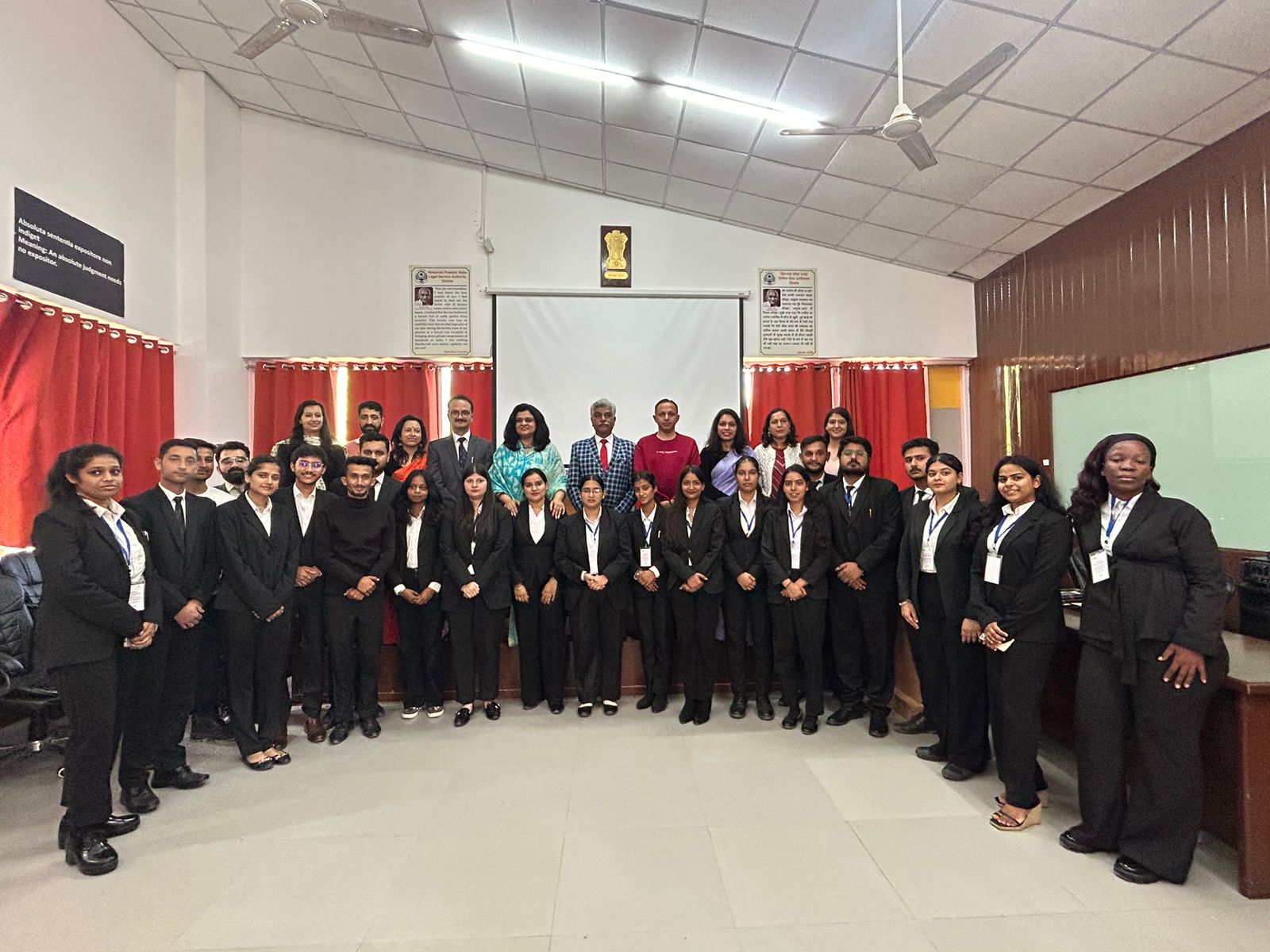
Moot Court
For aspiring lawyers and legal enthusiasts, Shoolini University's Moot Court is a training ground to hone advocacy skills.

BCI Approved Courses
Law Courses approved by the Bar Council of India, a statutory body created by the Indian Parliament.
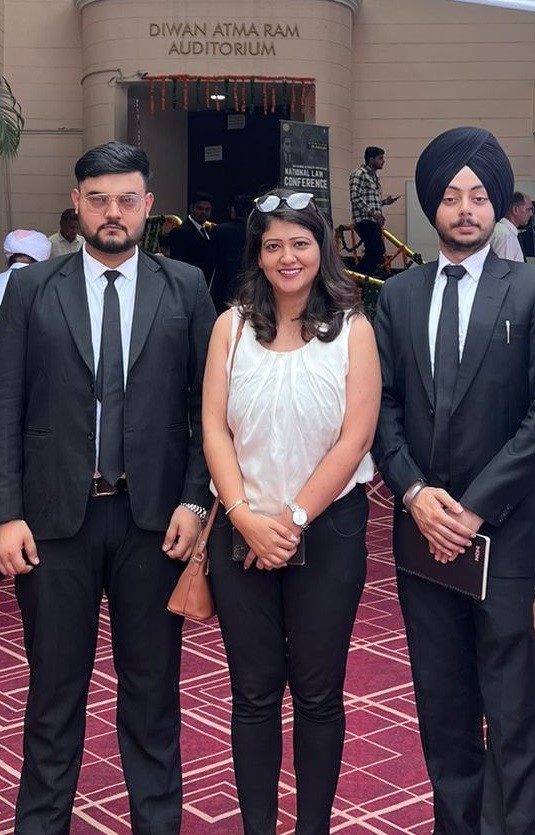
Beyond Books
Students engage in Legal Aid clinics, Model United Nations (MUNs), and legal conferences held nationwide.
PhD Alternative Dispute Resolution (ADR) Career Opportunities
- Legal Associates
- Arbitrator
- Litigators
- Academician/Researcher
- Conciliator
- Mediator


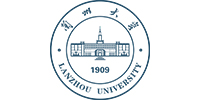
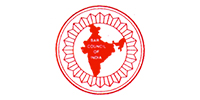
Program Details
Top Faculty
Frequently Asked Questions
Why should I pursue a PhD from Shoolini University
Shoolini University is India’s No.1 research university. It follows a unique One Student, One Patent policy that encourages all PhD students to focus on real research and innovation. The university has more than 104 modern labs to support your work. Shoolini researchers are also listed among the top 2% scientists in the world by Stanford University. With 250+ international collaborations, you can work with global experts and institutions.
Why should I pursue a PhD in Alternative Dispute Resolution (ADR) from Shoolini University?
A PhD in Alternative Dispute Resolution (ADR) from Shoolini University is ideal for scholars who want to explore modern dispute resolution systems through advanced research. With an interdisciplinary approach that combines Law and Criminology, the program helps research scholars develop a deeper understanding of negotiation, mediation, arbitration, and justice systems.
Who teaches PhD ADR at Shoolini University?
The PhD in ADR is guided by experienced faculty members from the School of Law. Students also gain mentorship and academic exposure through sessions by renowned legal experts, including High Court judges and top litigators. This mix of academic supervision and expert mentoring helps scholars strengthen their research with real legal insights.
What are the future opportunities after completing a PhD in ADR from Shoolini University?
After completing a PhD in ADR, students can explore strong career opportunities in academia, legal research, dispute resolution advisory, policy-making, and conflict resolution. The programme is also valuable for those aiming to work in arbitration and mediation spaces, corporate legal teams, legal consultancy, and institutions that focus on justice reforms.
How do you expose students to industry experience?
The School of Law provides practical exposure through a learning environment where students engage beyond the classroom. Scholars benefit from platforms like Legal Aid Clinics, in-house internships, Model United Nations (MUNs), and national legal conferences. These experiences help research scholars understand how disputes are addressed in real legal settings and how ADR plays a growing role in modern justice delivery.
Is practical training a part of PhD ADR?
Yes. Practical exposure is an important part of the School of Law culture. Along with research work, students get opportunities to participate in internships, conferences, legal aid activities, and expert-led sessions. This helps scholars connect ADR research with real dispute resolution challenges and strengthens the practical relevance of their work.
What placement opportunities are available for students who have completed a PhD in ADR?
A PhD in ADR mainly leads to careers in academics, research, and specialised advisory roles. Graduates can explore opportunities in universities, research organisations, dispute resolution and arbitration bodies, legal research teams, and policy-related institutions. The School of Law also supports students through mentoring and professional exposure, helping them build networks with legal experts and organisations in the field.
Latest Blogs
Explore the latest insights and updates in our newest Shoolini University blogs!
Still have Queries? Contact Us
Please fill in the form and an expert from the admissions office will call you in the next 4 working hours.

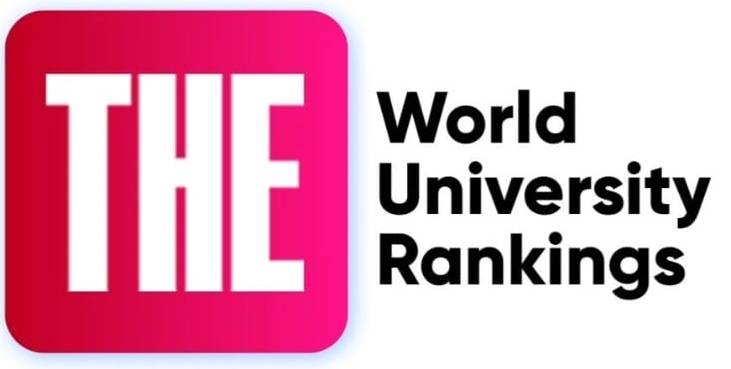


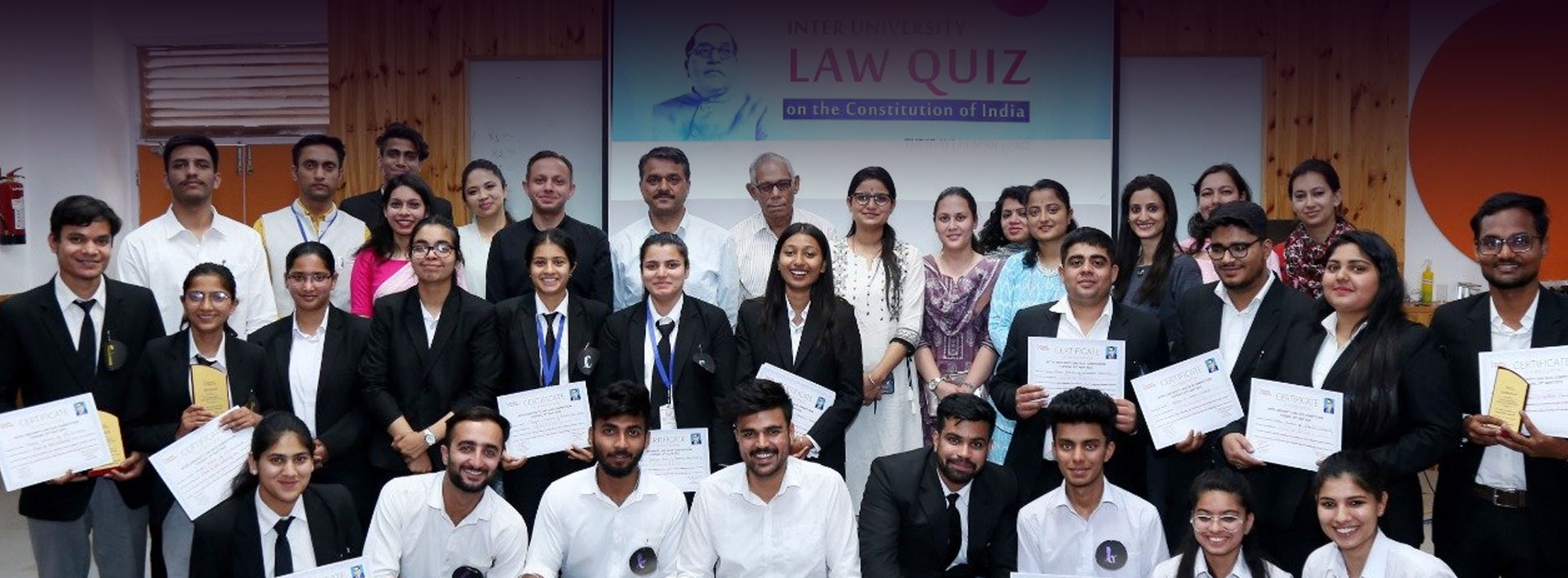
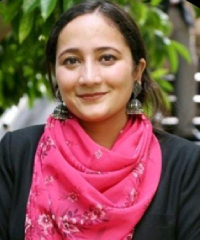


.JPG)
.JPG)


